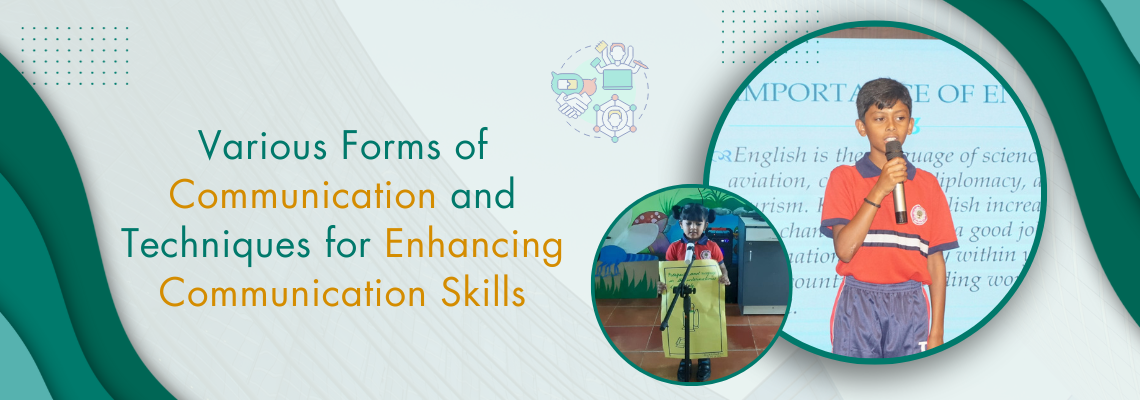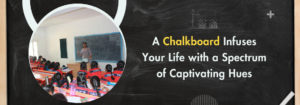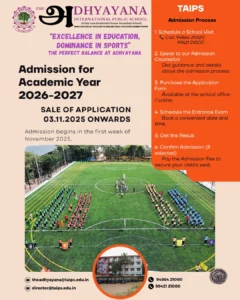Introduction
Proficient communication is a fundamental competency that holds a central position in both our personal and career spheres. It involves conveying information, thoughts, and ideas to others while ensuring that the intended message is clearly understood. Communication takes various forms, and understanding these forms, along with techniques for enhancing communication skills, is essential for success in today’s world.
Verbal Communication
Verbal Communication skills is perhaps the most common form of human interaction. This encompasses in-person dialogues, telephone discussions, and video meetings. To enhance verbal communication, one can practice active listening, use clear and concise language, and pay attention to tone .
Nonverbal Communication
Nonverbal communication encompasses body language, facial expressions, and gestures. It can convey emotions and intentions, often complementing verbal communication. To improve nonverbal communication, one should be aware of their own body language and be able to interpret the nonverbal words of others.
Written Communication
Written communication is essential in various settings, including emails, reports, and academic papers. Effective written communication requires grammar and punctuation accuracy, clarity, and proper organization of ideas.
Listening Skills
Active listening is a critical component of communication. It involves fully engaging with the speaker, asking questions for clarification, and providing feedback to demonstrate understanding. Developing strong listening skills is key to effective communication.
Interpersonal Communication
Interpersonal communication occurs in one-on-one or small group settings. Building rapport, resolving conflicts, and understanding social cues are essential techniques for enhancing interpersonal communication.
Digital Communication
With the advent of technology, digital communication is increasingly prevalent. This involves electronic mail, real-time messaging, and various social networking platforms. Effective digital communication requires proper manners, concise messaging, and adaptability to various online platforms.

Cross-Cultural Communication
In our diverse world, understanding and respecting different cultures is crucial. Cross-cultural communication involves being sensitive to cultural differences, showing openness, and being willing to learn from one another.
Public Speaking
Public speaking is about addressing a larger audience, whether in person or virtually. Effective public speaking requires practice, the use of visual aids, and building confidence, including the management of body language and stage presence.

Conflict Resolution
Conflict is a natural part of human interaction. Effective communication is critical for resolving disputes and reaching mutually beneficial solutions. Techniques for enhancing conflict resolution include active listening, empathy, and finding common ground.
Feedback and Communication
Constructive feedback is crucial for personal and professional development. Effective feedback communication involves being specific, providing actionable suggestions, and doing so in a considerate and respectful manner.
Storytelling
Storytelling is a powerful communication tool that engages and connects with the audience. It can be used to convey ideas and experiences effectively. Enhancing storytelling skills involves crafting compelling narratives and using techniques like vivid imagery and relatable experiences.

Negotiation
Negotiation is vital in various aspects of life, from business deals to personal agreements. Effective negotiation communication includes setting clear objectives, active listening, and maintaining a balance between assertiveness and cooperation.
Effecive communication
Effective communication aims to convince others to adopt a particular viewpoint or take a specific action. To improve effective skills, one can learn about effective techniques and adapt messages to the audience’s needs and interests.
Empathetic Communication
Empathetic communication focuses on understanding and expressing empathy towards others’ emotions and experiences. Techniques for enhancing empathetic communication include active listening, validating feelings, and showing understanding and support.
Cross-Functional Team Communication
In organizational settings, cross-functional teams require effective communication for successful collaboration. Techniques for enhancing cross-functional team communication include setting clear goals, establishing open channels of communication, and promoting a culture of cooperation.
Mastering these various forms of communication and the associated techniques can significantly impact personal and professional success, Nurturing better relationships and outcomes in all aspects of life. Effective communication is a skill that can be continuously improved, leading to a more connected and harmonious world.




